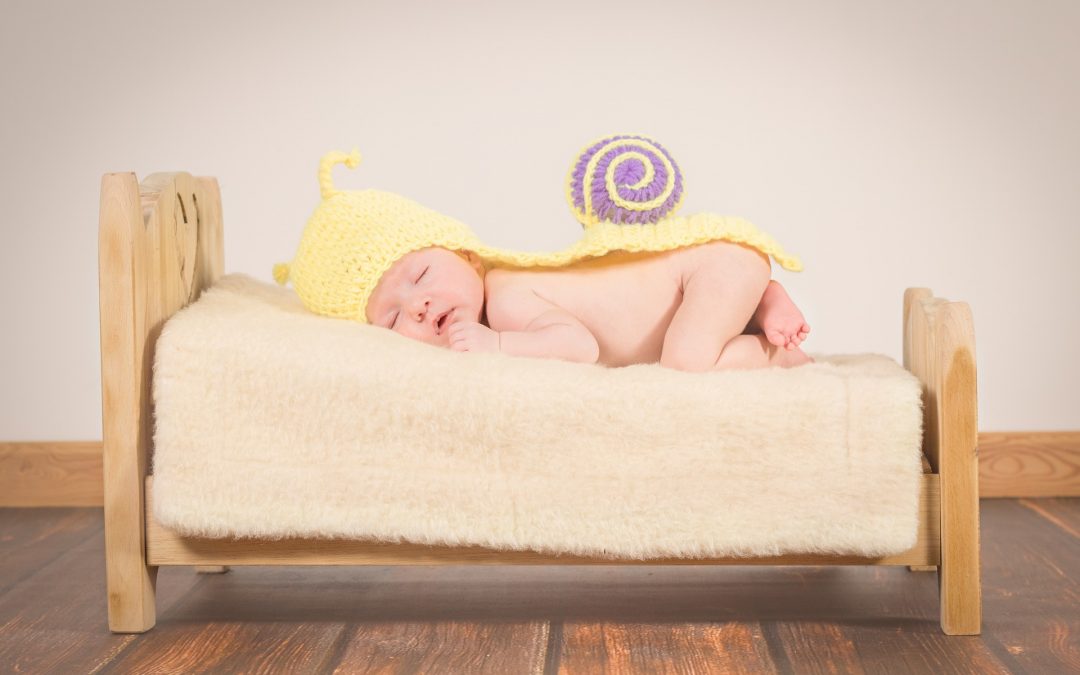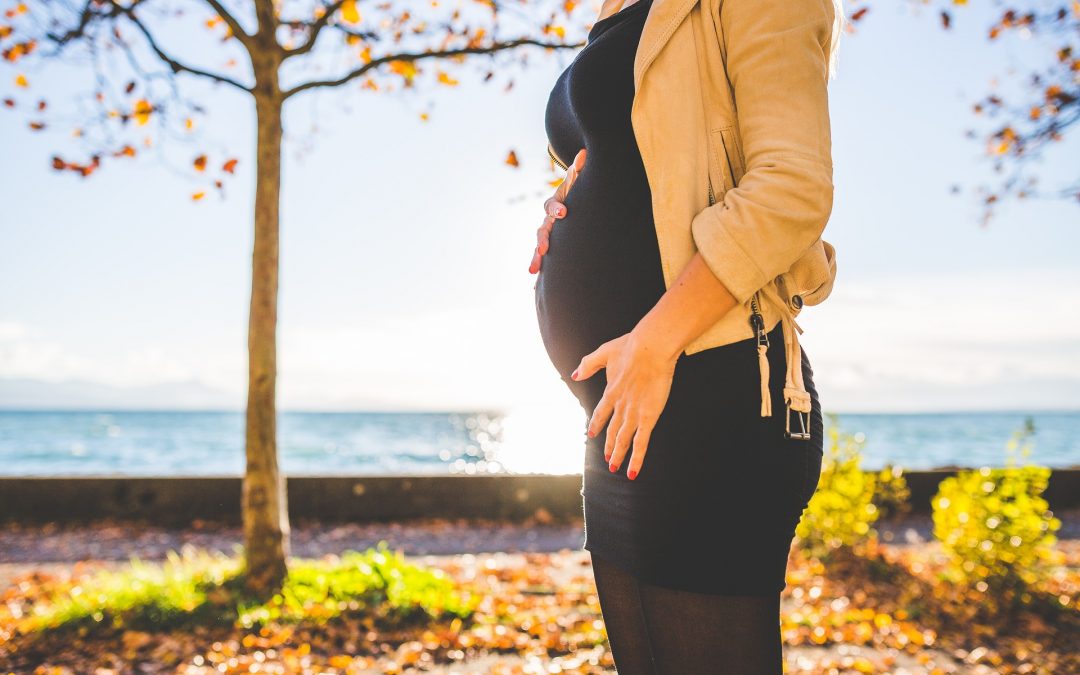
Sleep rhythm in children
Sleep rhythm in children
Sleep is a part of our lives. All living beings need sleep because in this way we rest both physically and mentally. Adult sleep is regulated by the internal body clock, which scientists call the biological clock or circadian rhythm. A child is not born with the circadian rhythm of an adult, its biological clock begins to form at the age of 6 to 9 weeks, and even sleep cycles are established after 3 to 6 months. The child gradually reaches a stage where it is mostly awake during the day and mostly asleep during the night.
Babies go through the same sleep cycles as adults but spend more time in light sleep and have more frequent phases of brief awakenings. This sleep pattern is biologically conditioned and is important for your child’s growth and development.
New-borns (1-2 months)
They sleep an average of 15-16 hours a day with waking periods of 1 to 3 hours. When we notice that the baby is grunting, crying, or rubbing its eyes, for example, it is best to put the baby in the crib immediately before it falls asleep in our arms. Children who get used to the presence of their parents when they fall asleep cry more often during night awakenings and demand from their parents to calm them down and put them to sleep again in order to fall asleep again in the same way they learned.
Infants (3-11 months)
At this age, a child sleeps between 13 and 15 hours. It is possible that it still wakes up hungry 1-2 times during the night and then it is recommended to feed it. As with new-borns, at this age it would also be a good idea to put children to bed the moment you notice that they are sleepy and tired but are still awake.
Children aged 1-3 years
Children of this age need 12-14 hours of sleep a day, which includes one uninterrupted sleep during the day. Night terrors and nightmares are common. Bad dreams upset them greatly because they still do not fully understand the difference between dreams and reality. During this period, children often have a certain safety object such as a blanket or a plush toy to sleep with – it is recommended that you allow them to keep it.
Pre-schoolers (3-5 years)
Pre-schoolers usually sleep between 11 and 13 hours a day. After the age of five, most of them no longer sleep during the day. During this period, maintain usual time and place to sleep. Encourage some relaxing routine that takes place in the room where the child sleeps (reading a story, singing, listening to music, etc.). Be sure not to keep a TV and computer in the children’s room.
School age children
School-age children need 10 to 11 hours of sleep. Difficulty sleeping can be caused by increased consumption of products that contain caffeine (Coca Cola, coffee, tea), excessive TV viewing or spending a lot of time on a computer. Any difficulty or irregularities related to sleep can lead to frequent mood swings, behavioural difficulties as influence the child’s ability to learn in school.
How to make it easier for a child to sleep?
It is important that you try to teach your child healthy sleeping habits from an early age. Applying the “let them cry” method is not recommended because it is painful for both the child and parents and can lead the child to conclude that he or she has been abandoned (babies and young children cannot understand why you are ignoring their crying and asking for help). Instead, you can do the following:
- Introduce a routine before going to bed to make the child feel safe and protected. The evening ritual can consist of bathing, a glass of warm milk or tea, brushing your teeth together, reading before bed, and kissing and hugging.
- Build habits gradually. Arm yourself with patience and do not expect miracles “overnight”. Once you develop sleeping habits that both you and your child are happy with, it will be a great reward for patience. For example, if a child is accustomed to falling asleep in your bed, the first step is to teach the child to fall asleep in bed alone, without your presence next to his headboard. A light from a hallway or a promise that you will check that everything is OK on several occasions may help.




